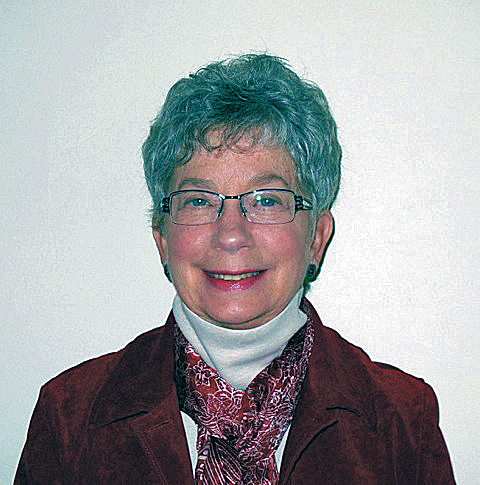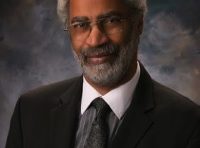Around the Holiday Table: Pass the Civility, Please!
- Share
- Tweet
- Pin
- Share
by Susan McAninch
A year ago at this time, much of the conventional wisdom about how to handle the upcoming holidays was about avoiding the topics that had come to divide us so deeply. For many, talking about the election, the candidates, politics, religion, education, health care – you name it – was just too hot to handle.
A Topeka, Kansas, newspaper suggested we all should “pass the turkey, but hold the politics.” Families chose not to invite guests who were on opposite sides of the political spectrum. Others skipped holiday gatherings altogether. Indeed, some family and friend relationships were seriously damaged.
I’m no expert on assessing to what extent families and friends have or have not healed relationships in the past year. But I do know there is a growing realization that if we want to heal the divisions among us, talking together, rather than avoiding one another, is the very thing we need to be doing. How do we bring about change in our country if we can’t bring about change around our table? If we can’t have a conversation about difficult and divisive issues with those we love, then how can we possibly expect to come together and heal as a country? We are facing a lot of challenges in our country, and we need to work together to deal with them.
Here are a couple of practical ideas for setting (up) your holiday table for courageous and loving conversations about difficult topics.
- Use place cards. Be strategic about seating guests who need some distance from each other.
- Start the meal with a prepared toast or prayer; there is no better way to set the tone and expectations for your gathering. For example, you could say, “Here’s to having a wonderful time together. Here’s to lively conversation, even debate, and having everyone leave the table at the end of the meal feeling heard and respected.”
Far and away, though, the key to having dialogue with those with whom we may strongly disagree, is to practice civility. Civility is the space between us, the glue that holds us together despite serious differences. Civility is how we treat one another. It is not just about good manners and being polite, though those things matter. Being genuinely courteous and showing respect creates an environment of trust that allows different perspectives to be expressed. This sense of safety prompts people to participate rationally, rather than seething in silence, then erupting in anger.
Civility is the art of finding common ground where you can and disagreeing without disrespecting.
Civility is the art of truly listening beyond your preconceived notions. Further, it is taking a deep breath, staying calm, letting others finish their sentence, avoiding inflammatory language, using humor, not sarcasm, and staying present in the face of intense disagreement.
Would you like to continue this “conversation?” This holiday season, the Door County Civility Project is joining the National Institute for Civil Discourse (NICD) in inviting people from all over the country to take part in the NICD’s Initiative to Revive Civility by “setting the table for civility.” Whether one-on-one, in small groups, around the family table, on a college campus, in a house of worship, we are urged to do two things:
- Pause and reflect on the need to heal what divides us.
- Take some action to help increase civility and respect among members of our families, organizations and communities.
All are welcome to join the discussion with facilitators from the Door County Civility Project on Nov. 30, 6 – 7:30 pm at Blue Front Café in Sturgeon Bay. Register by calling 920.495.6156 or emailing [email protected].
Hope to see you there. Happy holidays.
 Have you witnessed a random act of civility or have a civility question? Let us know about it at [email protected].
Have you witnessed a random act of civility or have a civility question? Let us know about it at [email protected].
Susan McAninch is a retired clinical social worker and psychotherapist.


